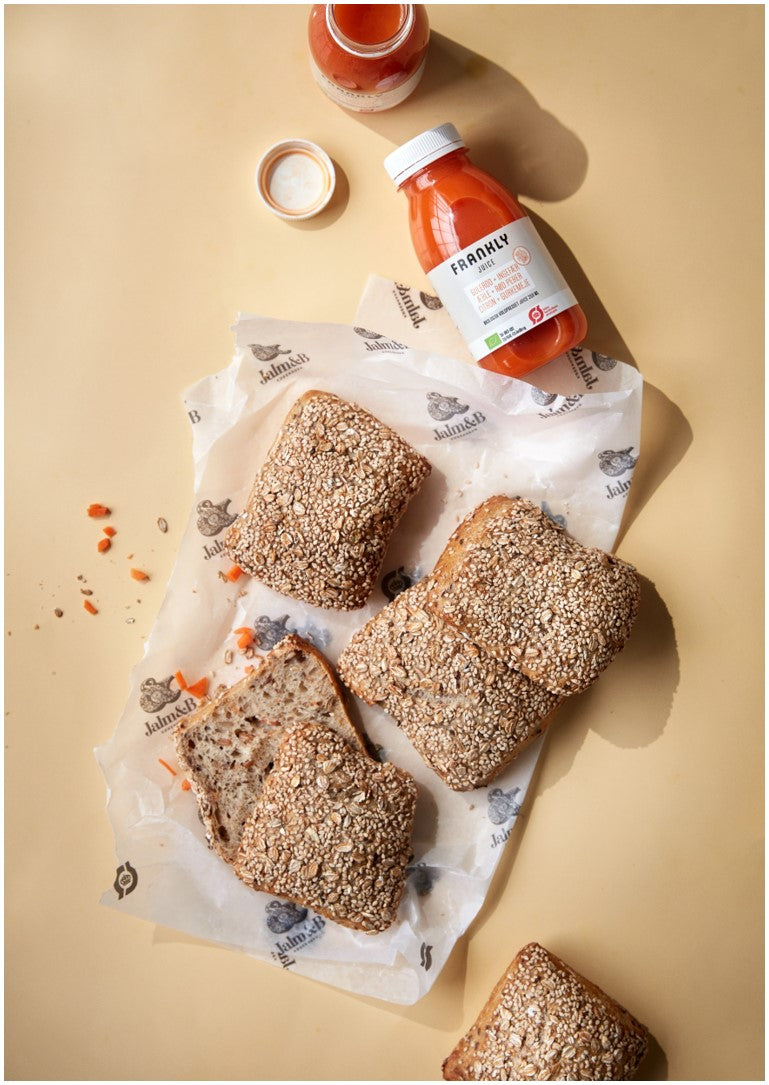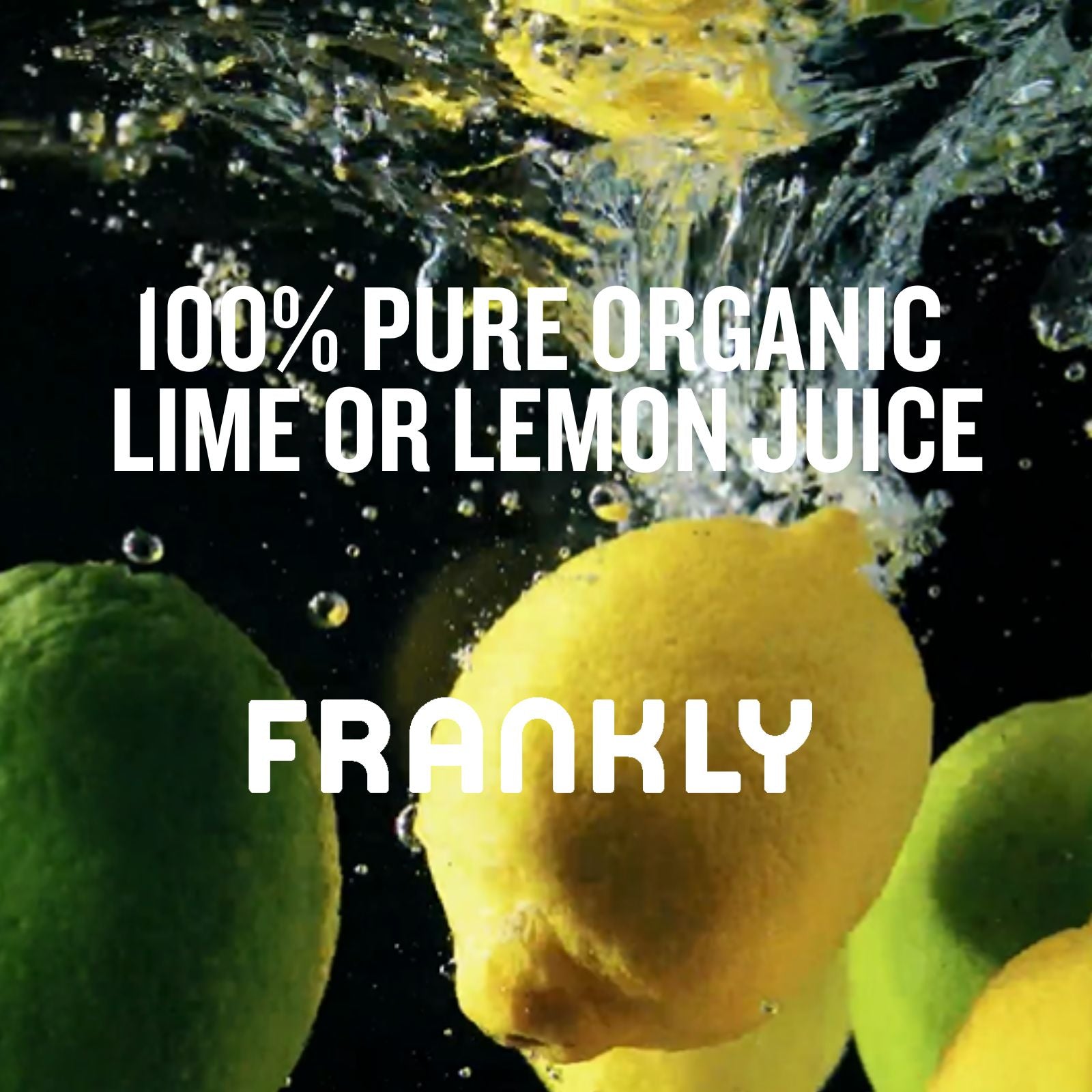In a world where the need to feed a growing and increasingly demanding population is greater than ever, while our planet requires protection from the negative consequences of our industrial development, the need for sustainable food systems is also greater than ever. A circular food system is a solution that not only addresses this challenge, but also creates opportunities for innovation and growth.
At Frankly Juice, we believe that circularity is at the heart of our mission to create a healthier and more sustainable world. We embrace the idea of a circular food system by reducing food waste and recycling pulp for innovative food production.
But what is a circular food system and why is it so important?
A circular food system is an approach that aims to minimize waste and maximize resource utilization by creating closed loops within the food system. This means using waste as a resource, reducing food waste and designing processes and products with circularity in mind.
Benefits of circular food systems are clear. By reducing waste, we can improve the efficiency of our food systems and reduce greenhouse gas emissions. According to a recent report by the Ellen MacArthur Foundation, the transition to a circular food system could reduce greenhouse gas emissions in the food system by up to 70%.
But circular food systems are not just about reducing waste. They also create opportunities for innovation and growth. By recycling food waste, we can create new products and sources of income. For example, Frankly Juice uses pulp from our cold-pressed juices to create innovative plant-based foods like carrot buns, plant-based burger patties, beer and more.
Circular food systems also create opportunities for collaboration and partnerships. By working together, we can share knowledge and resources to create a more sustainable food system.
So how can we create a circular food system? There are many ways, and it starts with a change in mindset. We need to move away from the linear "make, use, throw away" model and towards a circular model that values resources and reduces waste.
At Frankly Juice, we are committed to creating a sustainable future with circular food systems. Glad you are with us on our journey towards a healthier and more sustainable world - one sip at a time.
Sources:
Ellen MacArthur Foundation. (2019). Cities and Circular Economy for Food.
Food and Agriculture Organization of the United Nations. (2019). The State of Food and Agriculture 2019.
European Commission. (2020). A Farm to Fork Strategy for a fair, healthy and environmentally friendly food system.

